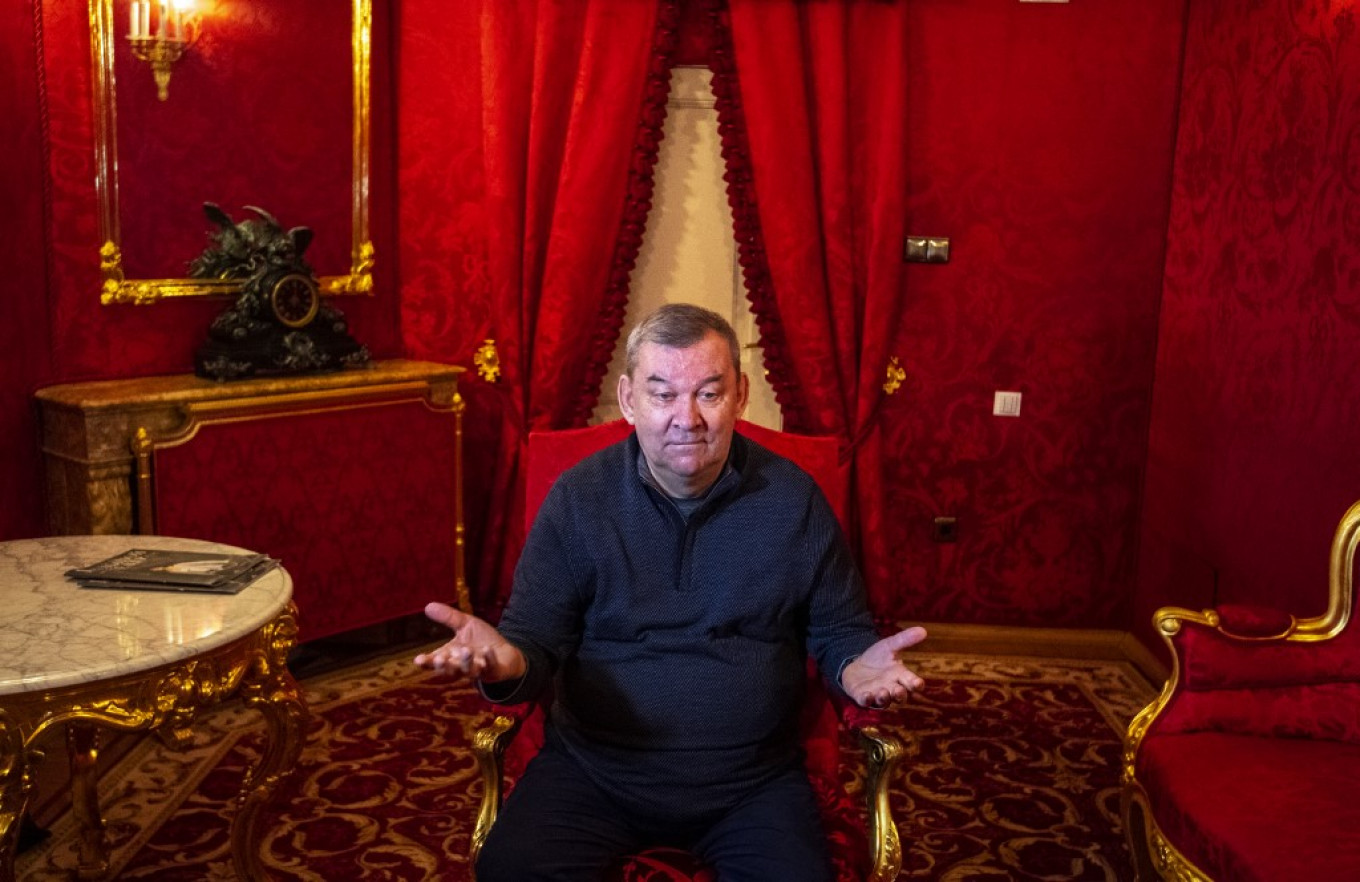
The legendary Bolshoi Theatre, whose dancers and singers are currently under virus lockdown, hopes to hold its first performances in September, the general director Vladimir Urin told AFP on Friday.
Under his “optimistic scenario,” rehearsals will begin in late July, allowing performers enough time to limber up their skills, Urin said.
“I very much hope that in mid-September we will open the season.”
Nevertheless, Urin stressed the Bolshoi will not be able to open until Russia’s last virus restrictions are lifted, while the country has the second-highest number in the world of Covid-19 infections, with 262,843 cases.
Even if audiences could socially distance and wear masks, those on stage cannot, he pointed out.
“A musical theatre with masks and gloves and a distance of 1.5 metres is impossible.”
The Bolshoi, like other Moscow theatres, has not staged any shows since March 16 when public events involving large numbers of people were banned.
Speaking in a box overlooking the Bolshoi’s historic red-and-gold auditorium, 73-year-old Urin said he still goes in most days and makes plans, albeit provisional ones.
It is the performers who are chafing in confinement as they waste time at their peak, he said.
“More than half a year’s break is a serious professional problem… especially for ballet.”
“Of course the mood is not very good and of course they are all longing to return and start rehearsing.”
The government has just announced 3.8 billion rubles ($51.5 million) in extra funding for the arts, and Urin said the theatre has enough savings and ongoing support to survive.
“I think everything will be OK,” he said.
“Naturally, the Bolshoi Theatre wasn’t doing badly while we were working, so we have a small financial cushion (and) we’ve kept the whole state subsidy.”
He acknowledges his plan to reopen is based on Russia lifting lockdown restrictions, which Urin says he thinks will take place as planned on May 31.
He said he relies on conversations with “people who know the situation better, from the government.”
“There is hope of an exit” he said, although “no one can predict” what will happen with the coronavirus.
Urin acknowledges that other opera and ballet companies elsewhere around the world are more pessimistic.
He says he recently talked to Peter Gelb, the general manager of the Metropolitan Opera in New York, who said he did not rule out waiting until to January to reopen.
When the curtain goes up again at the Bolshoi, things will change, Urin predicted.
The first shows to be staged will involve Russia-based artists, not international guest stars, due to current travel restrictions.
A ballet based on Mikhail Bulgakov’s novel “The Master and Margarita”, due to premiere this month, will be pushed back since the choreographer is Romanian-born Edward Clug, he said.
The virus impact on the economy will mean fewer new shows and lower ticket prices.
“First of all, we will cut the number of new shows, because the amount of money that goes on a musical performance today is impossible, even for theatres like the Bolshoi, the Metropolitan and the Paris Opera.”
“Of course, there will be changes to ticket prices, of course reducing them,” he said.
“We understand very well that very many people won’t be able to buy tickets at Bolshoi Theatre prices.”






